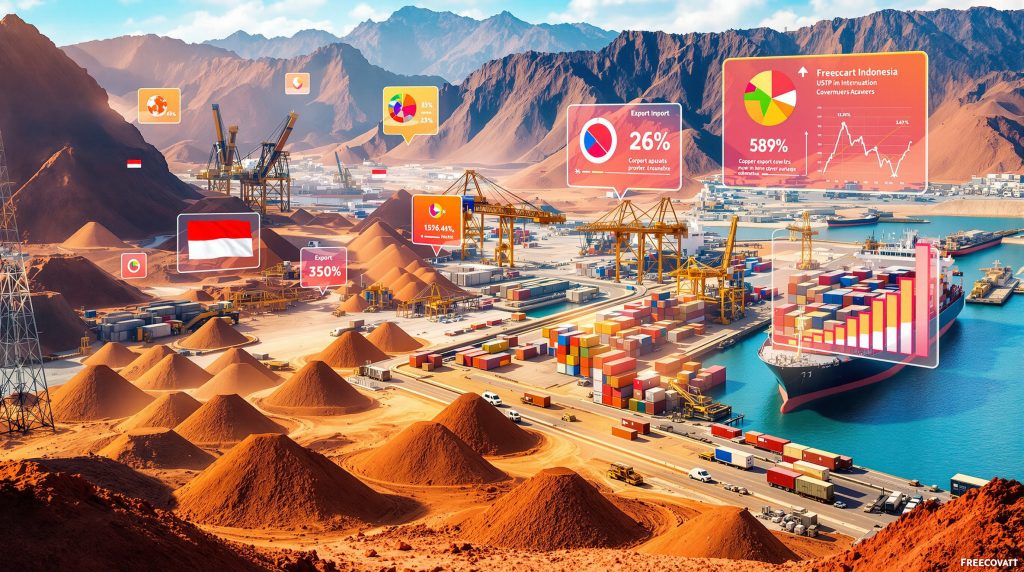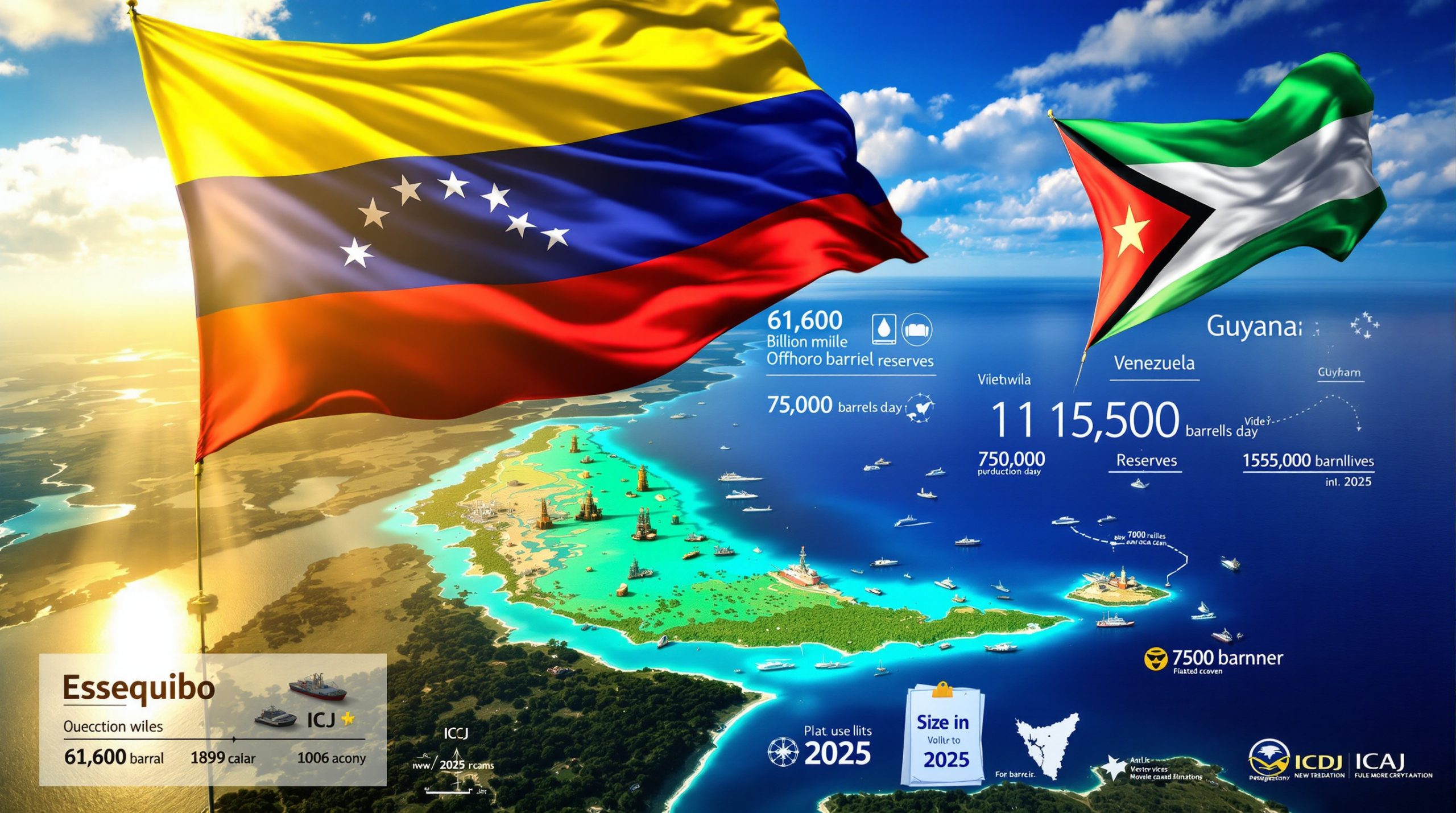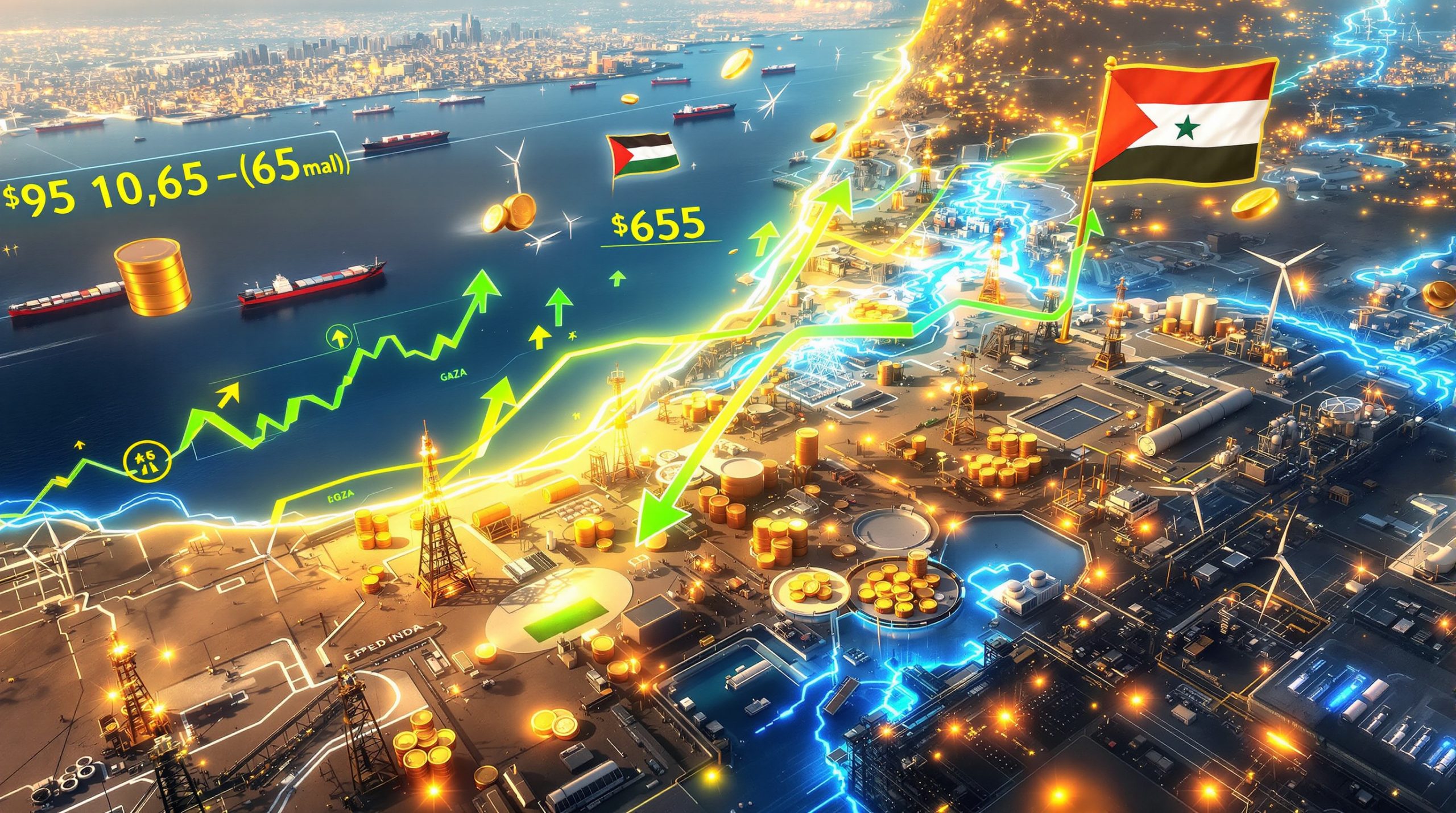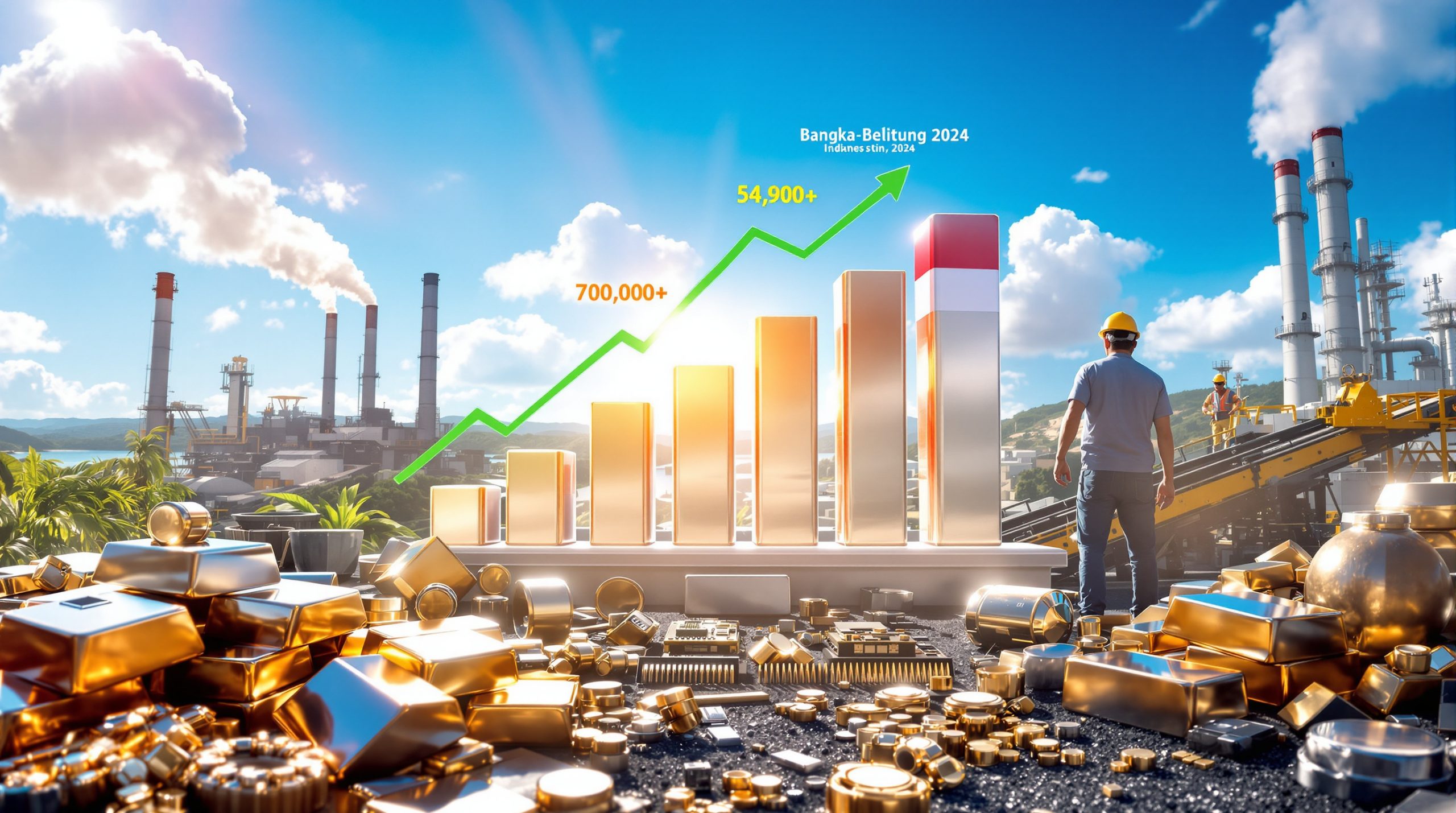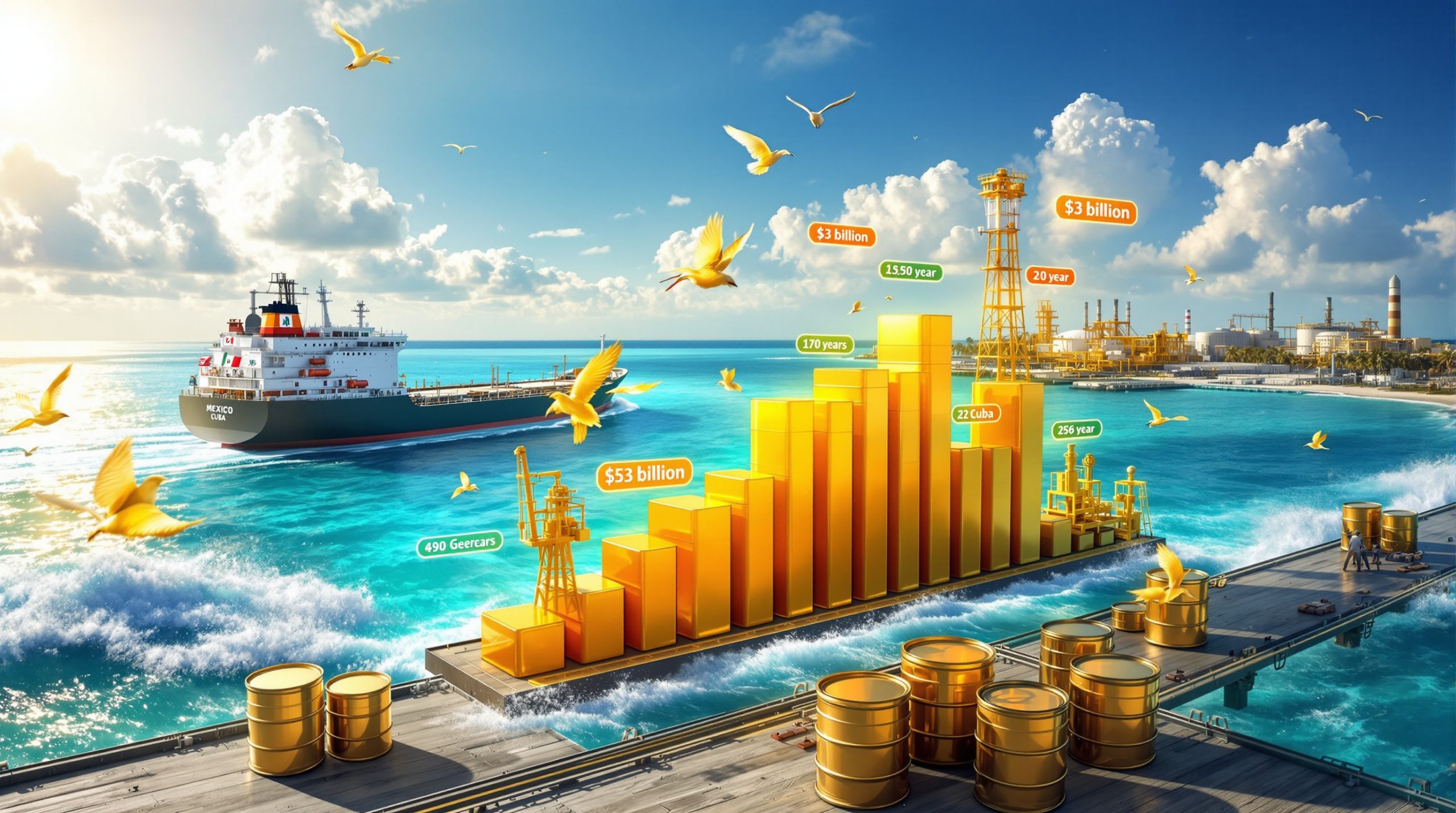Tracking Freeport Indonesia's Copper Concentrate Export Progress
In the competitive global copper market, Freeport Indonesia stands as a significant player whose export activities are closely monitored by industry stakeholders. The company's ability to meet its export quotas not only impacts its own financial performance but also influences global copper supply dynamics and Indonesia's economic outlook.
Current Export Status of Freeport Indonesia's Copper Concentrate
Freeport Indonesia has made substantial progress toward fulfilling its copper concentrate export quota for 2025. According to recent reports, the company has exported approximately 825,500 metric tons as of mid-August 2025, representing about 65% of its annual quota of 1.27 million metric tons.
"We have exported about 65% of the quota as of mid-August," confirmed Katri Krisnati, Freeport Indonesia spokesperson in a statement to Reuters. The company is projected to reach approximately 90% of its annual quota by September 16, 2025, leaving roughly 127,000 metric tons to be exported during the final quarter of the year.
The steady pace of exports suggests that Freeport Indonesia is likely to fulfill its entire quota before the end of 2025, assuming no significant disruptions to operations or shipments occur. This performance demonstrates the company's operational efficiency and ability to maintain consistent production levels at its mining facilities.
Export Volume Analysis
The export quota numbers break down as follows:
| Export Metric | Volume (Metric Tons) |
|---|---|
| Total 2025 Export Quota | 1,270,000 |
| Exported as of mid-August | ~825,500 (65%) |
| Projected by September 16 | ~1,143,000 (90%) |
| Remaining after September | ~127,000 (10%) |
These figures indicate that Freeport Indonesia has maintained a consistent export schedule throughout the year, with monthly shipments averaging approximately 103,000 metric tons between January and mid-August. If the company continues at this pace, it should comfortably fulfill its remaining quota obligations before year-end.
What Factors Influence Freeport Indonesia's Copper Concentrate Exports?
Multiple factors affect Freeport Indonesia's ability to export copper concentrate, ranging from domestic regulations to operational considerations and global market conditions.
Indonesian Regulatory Framework
Indonesia's mining regulations significantly impact Freeport Indonesia's export activities. The government implements a quota system that limits the volume of copper concentrate that can be exported annually. This approach aims to balance the country's economic interests in generating export revenue while promoting domestic mineral processing.
Key regulatory elements include:
- Annual export permit requirements that specify maximum allowable export volumes
- Compliance protocols for reporting exports and adhering to quota limitations
- Domestic market obligation (DMO) policies requiring companies to supply a portion of their production to domestic processors
- Downstream processing initiatives that aim to increase in-country value addition
These regulations can change over time as Indonesia continues to refine its approach to natural resource management, requiring mining companies to remain adaptable and responsive to policy shifts.
Operational Considerations
Beyond regulatory requirements, several operational factors influence Freeport Indonesia's export capabilities:
- Production capacity at the Grasberg mining complex, which must maintain consistent output to meet export targets
- Processing capabilities that ensure copper concentrate meets quality standards required by international buyers
- Logistical infrastructure for transporting concentrate from mining sites to ports, including road networks and port facilities
- Workforce management and operational efficiency at mining and processing facilities
Weather conditions, equipment maintenance schedules, and technical challenges can also impact production rates and consequently affect export volumes. The transition from open-pit to underground mining operations at Grasberg has introduced additional complexities that require careful management to maintain production levels.
How Does Freeport Indonesia's Grasberg Operation Impact Global Copper Markets?
The Grasberg mining complex stands as one of the world's most significant copper producers, giving Freeport Indonesia substantial influence in global copper markets.
Grasberg's Position in Global Copper Supply
Grasberg's production capabilities place it among the world's premier copper mines. The operation's substantial output makes it a critical component of global copper supply chains, particularly for buyers in Asian markets. Its role in Indonesia's mineral export sector is equally important, representing a substantial portion of the country's mineral export value.
The mine's output influences regional supply dynamics, particularly in the Asia-Pacific region where numerous copper-consuming industries are concentrated. When Grasberg experiences production disruptions or accelerated output, the effects ripple through global markets, affecting availability and potentially price dynamics.
Market Implications of Export Performance
Freeport Indonesia's export performance can have several market implications:
- Affects global copper concentrate availability, particularly for smelters in China, Japan, and other Asian nations
- Creates price sensitivity, especially when exports deviate significantly from expected levels
- Influences buyer relationships and contract fulfillment patterns, potentially affecting long-term supply agreements
- Positions the company competitively against other major copper exporters from Chile, Peru, and Australia
Market participants closely monitor Freeport Indonesia's export progress as an indicator of supply health and potential pricing pressures in the concentrate market. Significant deviations from expected export patterns can trigger market responses as buyers and sellers adjust their positions.
What Are The Economic Implications for Indonesia?
Freeport Indonesia's copper concentrate exports generate substantial economic benefits for Indonesia while also supporting the country's industrial development goals.
National Economic Benefits
The economic contributions include:
- Foreign exchange earnings from copper concentrate exports that strengthen Indonesia's balance of payments
- Tax revenue generation through corporate income taxes, royalties, and export duties
- Employment creation directly in mining operations and indirectly through supporting industries
- Regional economic development in Papua province where the Grasberg operation is located
These economic benefits extend beyond direct financial returns to include technology transfer, skills development, and infrastructure improvements that support broader economic growth objectives.
Value Addition Strategies
Indonesia has implemented policies to increase domestic value addition from its mineral resources, including copper:
"Indonesia's strategy aims to transform from a raw material exporter to a producer of refined products, capturing more value from our natural resources within our borders."
This approach includes:
- Development of domestic smelting and refining capacity to process copper concentrate locally
- Investment incentives for downstream processing facilities
- Gradual restrictions on raw material exports to encourage in-country processing
- Skills development programs to support the technical capabilities required for advanced processing
These value addition initiatives represent a significant shift in Indonesia's resource management approach, aiming to maximize the economic benefits derived from its mineral wealth.
How Has Freeport Indonesia Adapted to Changing Regulations?
Over the years, Freeport Indonesia has demonstrated considerable adaptability in navigating Indonesia's evolving regulatory landscape for mining operations and mineral exports.
Historical Export Policy Navigation
Freeport Indonesia has successfully adapted to multiple regulatory changes, including:
- Transitioning from previous export regimes to the current quota system
- Adjusting operations to comply with changing environmental and social responsibility requirements
- Negotiating with Indonesian authorities to establish workable frameworks for continued operations
- Developing strategies to accommodate increasing domestic processing requirements
This adaptation process has required significant investment in relationship management with government stakeholders and flexibility in operational planning to accommodate policy shifts.
Future Regulatory Outlook
Looking ahead, Freeport Indonesia will likely need to navigate further regulatory developments:
- Potential adjustments to export quota systems as Indonesia refines its mineral resource policies
- Evolving domestic market obligations that may require increasing volumes for local processing
- Enhanced environmental compliance requirements reflecting global sustainability trends
- Resource nationalism considerations that may affect operational parameters and ownership structures
The company's ability to anticipate and adapt to these regulatory changes will remain critical to its long-term success in Indonesia.
What Challenges Does Freeport Indonesia Face in Meeting Export Targets?
Despite its strong export performance to date, Freeport Indonesia faces various challenges that could potentially impact its ability to fully meet export targets.
Operational Hurdles
Key operational challenges include:
- Production consistency at the Grasberg complex, particularly as underground operations expand
- Technical complexities associated with underground mining methods that differ from previous open-pit approaches
- Equipment maintenance requirements that can temporarily reduce production capacity
- Environmental factors such as rainfall and geotechnical conditions that affect mining operations
These operational hurdles require proactive management and technical expertise to minimize disruptions to production schedules and maintain export volumes.
Market Challenges
Beyond operational considerations, market-related challenges also exist:
- Copper price volatility that can affect production economics and export strategies
- Shipping and logistics constraints including vessel availability and port capacity
- Copper trade war impact that may influence traditional export destinations
- Competition from other producers seeking to secure market share in key Asian markets
Navigating these challenges requires sophisticated market intelligence and flexible commercial strategies to ensure export targets can be achieved despite changing market conditions.
FAQ: Freeport Indonesia's Copper Concentrate Exports
What is the significance of Freeport Indonesia's export quota?
The export quota establishes the maximum amount of copper concentrate the company can export annually. It reflects Indonesia's balanced approach to leveraging its mineral resources—generating export revenue while also developing domestic processing capabilities. For Freeport Indonesia, the quota represents a key operational parameter that influences production planning and commercial strategies.
How does Freeport Indonesia's export performance affect global copper prices?
As a major copper concentrate supplier, significant disruptions or accelerations in Freeport Indonesia's exports can influence global copper pricing. This impact is most pronounced in Asian markets where many of the company's customers are located. When exports fall below expectations, spot market prices for concentrate may rise as buyers seek alternative sources. Conversely, when exports exceed expectations, prices may face downward pressure due to increased supply availability.
What happens if Freeport Indonesia exceeds its export quota?
Exceeding the government-mandated export quota could result in regulatory penalties, including fines or restrictions on future export permits. The Indonesian government monitors export volumes closely to ensure compliance with established quotas. Companies typically implement robust tracking systems to prevent inadvertent quota violations that could damage their regulatory relationships.
How does Indonesia benefit from Freeport's copper concentrate exports?
Indonesia benefits through multiple channels, including:
- Export taxes and royalties that generate government revenue
- Dividend payments from partial state ownership in mining operations
- Employment opportunities for Indonesian citizens
- Development of supporting industries and infrastructure
- Technology transfer and skills development
- Foreign exchange earnings that support economic stability
These benefits make copper concentrate exports an important component of Indonesia's economic development strategy.
What are the environmental considerations related to Freeport Indonesia's operations?
Environmental management at copper mining operations encompasses several critical areas:
- Tailings management to prevent environmental contamination
- Water quality monitoring and protection of local water resources
- Land rehabilitation and biodiversity conservation
- Compliance with Indonesia's environmental regulations
- Energy efficiency and carbon footprint reduction efforts
As environmental standards continue to evolve globally, mining companies face increasing expectations regarding sustainable operations and environmental stewardship.
Looking Ahead: Future Prospects for Freeport Indonesia's Copper Exports
The future of Freeport Indonesia's copper concentrate exports will be shaped by multiple factors, including regulatory developments, operational enhancements, and market dynamics. As Indonesia continues to pursue its downstream processing objectives, the export quota system will likely evolve, potentially affecting the volume of concentrate available for international markets.
Technological advancements in mining and processing could also influence export capabilities, potentially enabling more efficient extraction and higher recovery rates from existing resources. These improvements could help maintain export volumes even as ore grades naturally decline over time.
Market conditions, particularly rising copper demand in Asian economies, will remain a critical factor influencing export strategies and commercial outcomes. As the global energy transition accelerates, copper demand is projected to increase substantially, potentially creating favorable conditions for producers with established market positions.
For investors, commodity analysts, and industry stakeholders, continuing to monitor Freeport Indonesia's export performance provides valuable insights into both company-specific prospects and broader copper price prediction and copper investment outlook.
Ready to Capitalise on the Next Major Mineral Discovery?
Discover how to identify significant ASX mineral discoveries in real-time with Discovery Alert's proprietary Discovery IQ model, transforming complex mining data into actionable investment insights. Explore why historic discoveries generate substantial returns by visiting our dedicated discoveries page and begin your 30-day free trial today.
